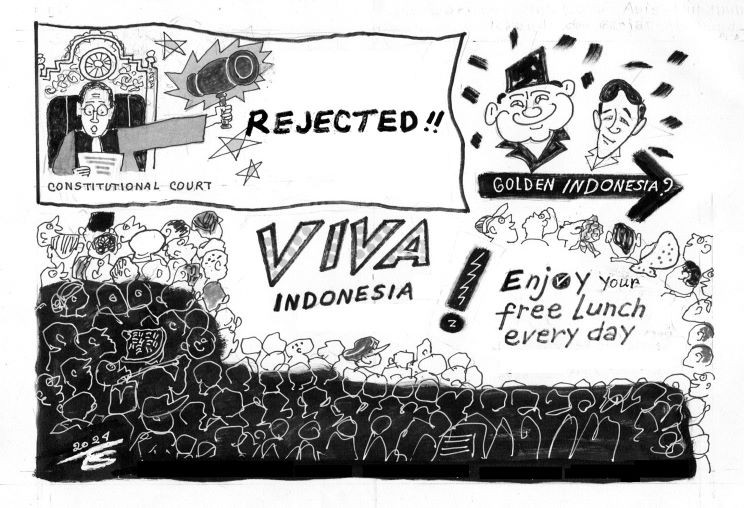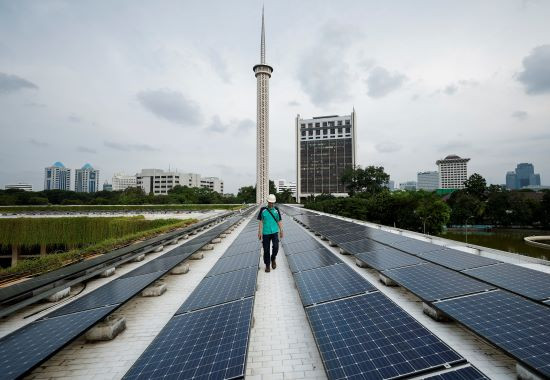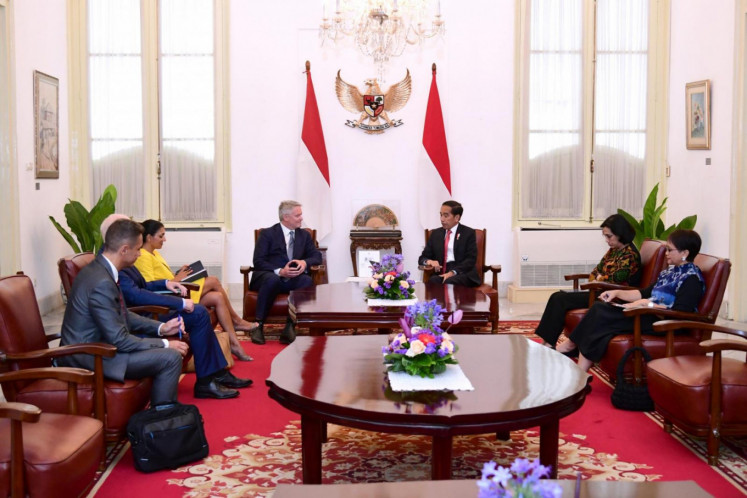How blocking of Telegram impacts digital economy
Yet any player working in a science and technology-driven field has a big chance of turbulent encounters with regulators and the legal system.
Change Size
 One of the app's selling points that the company touted is the safety of chatting by encryption. (Shutterstock/File)
One of the app's selling points that the company touted is the safety of chatting by encryption. (Shutterstock/File)
L
ast Friday, the government blocked access to various web versions of the encrypted messaging service Telegram, after finding that the application was being used to promote radicalism, terrorism, hate speech, etc.
As the internet penetration in Indonesia increases, so does the number of people enjoying internet intermediaries. Internet intermediaries include various brands of social media sites, search engines, multimedia-sharing platforms, etc. Telegram is one example of an internet intermediary that provides messaging services.
On one hand, internet intermediaries can help a democratic society advance, as they facilitate the speedy circulation of knowledge and information, thus making the society smarter. On the other hand, illegal content — i.e. content that breaches criminal or civil law — is restricted from circulating with the goal of protecting the public.
Internet intermediaries can remove illegal content from circulation. What has happened to the Telegram messaging service is a form of “content responsibilization” — as abstract as this sounds, it touches on our day-to-day activities on the internet.
On his Twitter account, Telegram CEO Pavel Durov said on Sunday that he had been unaware that Indonesia’s Communications and Information Ministry had emailed him a list of public channels with terrorism-related content on Telegram and he added that Telegram had blocked the channels.
Long-standing economic theory of regulation predicts that regulation may benefit firms — especially those with the ability and readiness to comply. Systematic (instead of anecdotal) empirical studies continue to support this prediction. Take for an example issue on environmental regulations, which is one of the most recent and well-studied contexts.
Firms with a technological edge may be able to produce relatively colorless emissions from their chimneys, while those without continue to emit dark smoke. Firms without the technology and knowhow may have insufficient capability or resources to comply — even if they want to.

















